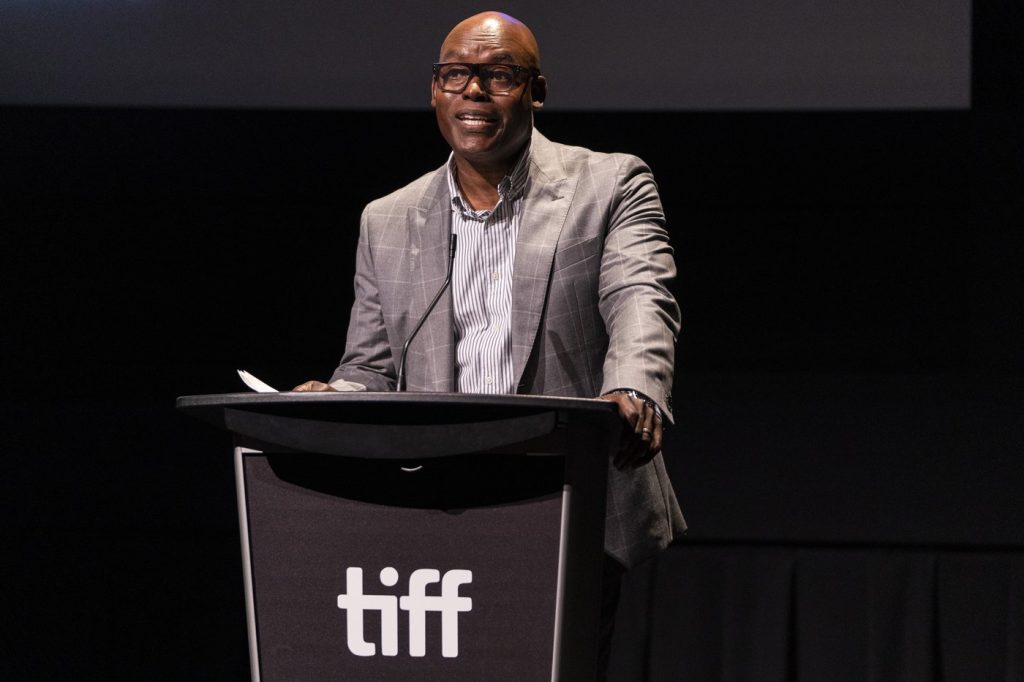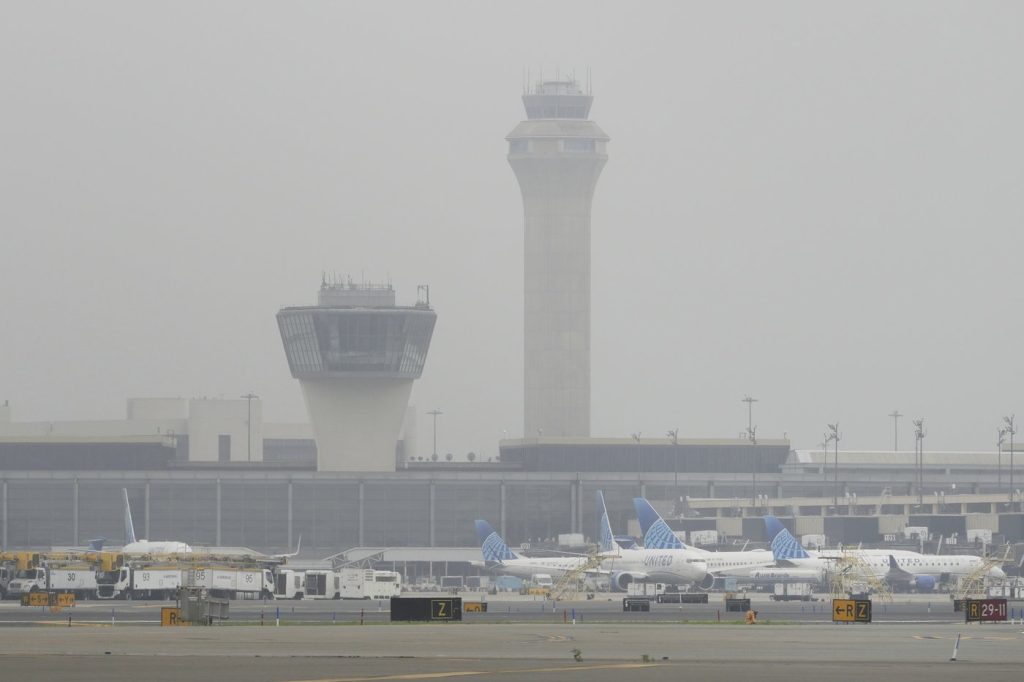TORONTO – Cameron Bailey, the head of the Toronto International Film Festival (TIFF), has expressed a calm perspective regarding U.S. President Donald Trump’s threat to impose film tariffs, stating that Canada plays a vital role in Hollywood's global success. Bailey noted that he is awaiting further details before making any assumptions about Trump's promise of a "100 percent tariff" on films produced outside the United States.
In a social media post on Sunday, Trump attributed the decline of the U.S. film industry to overseas production incentives. Bailey cautioned against overlooking the "remarkable and maybe under-recognized cross-border cultural union" that exists between Canada and the U.S. He highlighted the influx of Canadian talent, including stars like Ryan Reynolds, Ryan Gosling, and Sandra Oh, as evidence of the deep connection between the two countries in the film industry.
Bailey emphasized that Hollywood studios often venture north to film in Canada, taking advantage of the country's skilled crews, diverse locations, and robust infrastructure. He remarked that it is still too early to gauge how the potential tariffs will impact the industry, saying that the initial response has been filled with speculation rather than concrete information.
"The American film industry is the biggest, most prominent and dominant in the world," Bailey stated. "It has succeeded by drawing on the talent and expertise of artists from all over the world. That’s what’s made Hollywood great." Major films, including Marvel's "Deadpool 2," Oscar-winning productions like "The Revenant," and Netflix rom-coms, are routinely shot in Canada, bringing substantial job opportunities for Canadian performers and local businesses.
Film and television productions in Canada generated approximately $9.58 billion in spending last year, with foreign productions accounting for nearly half of that revenue at $4.73 billion. Such productions provide over 90,000 jobs, making them integral to the Canadian film landscape. Eleanor Noble, president of Canada’s national performers' union, warned that dissuading U.S. productions from filming in Canada would harm the livelihoods of creators in the industry. She described the situation as more than just a trade dispute, calling it an attack on the livelihoods of Canadian performers and creators.
Noah Segal, co-president of Canadian film distributor Elevation Pictures, echoed calls for increased government support to foster Canadian storytelling. He emphasized that Canada has the talent and capability to produce quality content, urging the country to lean into its strengths. "Now more than ever, we shouldn’t walk away from this business. We need to lean into it," Segal stated.
Segal warned that Trump's proposed tariffs could dismantle the film business entirely, leading to job losses and making it increasingly difficult to launch new productions. However, he was optimistic about Canada’s position due to its strong co-production treaties and creative ties with countries beyond the U.S. For instance, he referenced the 2023 horror film "Infinity Pool," a co-production involving Canada, Hungary, and France, which garnered funding from international sources and performed better globally than in the U.S.
While concerns about decreased access to the U.S. market remain, the larger threat to Canada’s film industry lies in the potential loss of foreign service productions that sustain job creation. With domestic box office revenue being somewhat limited, such productions are crucial for the continued vitality of the local industry.
Segal pointed out that global streaming services like Netflix could suffer significantly from a film tariff, as many of their popular shows are produced overseas. He mentioned that productions like "Squid Game" from South Korea would be affected by increased costs under the proposed tariffs, leading to potential cuts in content or heightened costs for consumers.
To counteract any potential tariff threats, Bailey called for unity in supporting Canadian storytellers. "We have to keep reminding ourselves of what our country is able to deliver, and then I think we can operate from a position of strength," he said, highlighting the quality and talent found within the Canadian film industry.












